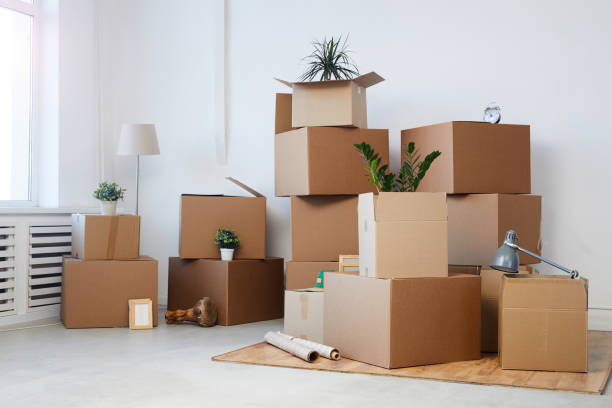Your cart is currently empty!

The Psychology of Decluttering
•
Why It’s More Than Just Tidying Up
Decluttering is often seen as a way to tidy up and create more physical space, but its impact goes far beyond aesthetics. The psychology of decluttering reveals how this practice positively affects mental well-being, emotional health, and even decision-making. By organizing your surroundings, you can improve focus, reduce stress, and foster a sense of control in your life. Let’s delve into why decluttering is more than just cleaning—it’s a powerful tool for personal transformation.
How to Declutter Your Life: Minimalism for Beginners
How Decluttering Impacts Mental Health
Decluttering has profound psychological effects that enhance overall well-being.
1. Reduces Stress and Anxiety
- Clutter can create visual noise, overwhelming your senses and increasing stress.
- A clean, organized space promotes a sense of calm and mental clarity.
2. Boosts Productivity
- A clutter-free environment eliminates distractions, allowing you to focus better.
- You’re more likely to complete tasks efficiently when your surroundings are organized.
3. Encourages Emotional Release
- Letting go of unused or sentimental items can be emotionally freeing.
- It helps you detach from material possessions and focus on what truly matters.
The Emotional Benefits of Decluttering
Beyond improving your physical space, decluttering provides emotional and psychological relief.
1. Creates a Sense of Control
- Organizing your space gives you a sense of mastery over your environment.
- This control can boost self-esteem and reduce feelings of helplessness.
2. Promotes Mindfulness
- The act of sorting and organizing encourages you to be present in the moment.
- It allows you to reflect on your habits and make intentional choices.
3. Fosters Gratitude
- Decluttering helps you appreciate the items you choose to keep.
- It reinforces the idea of valuing quality over quantity.
Tips for Effective Decluttering
To fully experience the psychology of decluttering, approach the process with intention and consistency.
1. Start Small
- Tackle one room or category at a time to avoid feeling overwhelmed.
- Begin with areas that cause the most stress, such as closets or workspaces.
2. Use the “Keep, Donate, Discard” Method
- Sort items into three categories: things you use regularly, items to donate, and things to throw away.
- Be honest about what truly adds value to your life.
3. Set Realistic Goals
- Break the process into manageable steps and celebrate small victories.
- Dedicate a specific amount of time each day or week to decluttering.
4. Involve Others
- Get family members or roommates involved to share the workload.
- Decluttering together fosters teamwork and mutual support.
Why Decluttering Is a Lifelong Practice
Decluttering isn’t a one-time event; it’s a mindset that supports continuous growth and well-being.
1. Prevents Accumulation
- Regularly reassessing your possessions prevents clutter from building up.
- Adopt a “one in, one out” rule to maintain balance.
2. Aligns with Your Values
- Decluttering helps you focus on what aligns with your current priorities and goals.
- As your life evolves, so should your environment.
3. Enhances Long-Term Well-Being
- Living in a clutter-free space contributes to ongoing mental clarity and emotional stability.
- The habit of decluttering can improve decision-making and reduce procrastination.
Conclusion
The psychology of decluttering goes far beyond cleaning—it’s a transformative practice that enhances mental clarity, reduces stress, and fosters emotional growth. By creating a more organized space, you gain control over your environment and experience a greater sense of well-being. Start small, stay consistent, and enjoy the profound impact decluttering can have on your life.
https://vancouversun.com/news/local-news/0309-clutter
